Lesson 30 - Past tense
Now that you can speak in past tense, you can start talking about what you did in the past. Kinou means "yesterday" and is a general time word, along with senshuu, which means "last week". Sakuban means "last night", even though it is more common to say kinou no yoru or "yesterday's night". Yoru means "in the evening" and alternatively, you can say asa, which means "in the morning". To say, "What did you do yesterday?" you would say Kinou nani o shimashita ka. Let's learn a few more nouns before we start getting into more dialogues. First, a couple of Japlish: BIDEO GEEMU means video games, HAIKINGU means hiking, HONORURU means Honolulu, ROSANZERUSU means Los Angeles, NYUUYOOKU means New York, PIKUNIKKU means picnic, PUURU means swimming pool, PAATII means party, TEREBI means television, and DANSU means dance. Now back to more Japanese-like words. Eiga means movies, kouen means park, machi means town, toshokan means library, umi means the seaside/sea/beach, shukudai means homework, and yakyuumeans baseball. Since baseball is the national sport of Japan, it was given a Japanese name instead of a Japlish one. Let's get into a dialogue now between Kenichi and Suoh.
Kenichi: Konban wa, Suo kun.
Suo: Konban wa, Ken kun.
Kenichi: Kinou nani o shimashita ka.
Suo: Kinou shukudai o shimashita.
Kenichi: Senshuu shukudai o shimashita ka.
Suo: Iie, shimasen deshita.
Kenichi: Raishuu no nichiyoubi ni umi ni ikimashou.
Suoh: Hai, ikimashou.
In this dialogue, Kenichi asks Suoh what he did yesterday. Suoh replies he was doing homework. Kenichi asks "Did you do your homework last week?" Suoh replies, "No, I didn't." Kenichi then says, "Next Sunday, let's go to the beach." Suoh says, "Yes, let's go."
Vocabulary Review
昨日 Kinou- yesterday
先週 Senshuu- last week
昨晩 Sakuban- last night
夜 Yoru- in the evening
朝 Asa- in the morning
ビデオゲーム BIDEO GEEMU- video games
ハイキング HAIKINGU- hiking
ホノルル HONORURU- Honolulu
ロセンゼルス ROSANZERUSU- Los Angeles
ニューヨーク NYUUYOOKU- New York
ピクニック PIKUNIKKU- picnic
プール PUURU- swimming pool
パーティー PAATII- party
ダンス DANSU- dance
テレビ TEREBI- television
映画 Eiga- movies
公園 Kouen- park
町 Machi- town
図書館 Toshokan- library
海 Umi- sea/seaside/beach
宿題 Shukudai- homework
野球 Yakyuu- baseball
